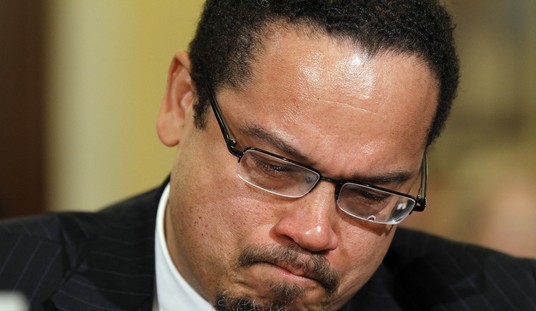Back in 2013, Manhattan District Attorney Cyrus Vance was in the process of investigating widespread incidents of Social Security fraud and was seeking evidence to support the charges. As part of that process he obtained a warrant to collect the social media postings of several hundred suspects from Facebook. Amazingly, the social media giant refused and they’ve been battling it out in court ever since. Now a group known as the Center for Democracy and Technology (CDT), along with the state’s Civil Liberties Union, is jumping into the fight and claiming that Facebook should not have to honor the request or a gag order preventing them from telling their users that the government was requesting the data. (Route Fifty)
The Center for Democracy and Technology filed an amicus brief Wednesday, with the New York Court of Appeals, defending Facebook’s right to challenge 381 search warrants from the Manhattan district attorney on behalf of its users and notify them the government sought the contents of their accounts.
The warrants, issued July 23, 2013, effectively sought all postings and actions of users being investigated for large-scale Social Security fraud and came with gag orders.
Greg Nojeim, an attorney for CDT, described the DA’s request as a troubling precedent. He went on to fret over how such a request by the government could lead to all sorts of snooping, “with limited court oversight and other judicial protections.”
This is a favorite pet peeve of mine and we’ve discussed it here in the past. These arguments seem nonsensical at best on two different levels. First, as I’ve repeated until I’m blue in the face, anything that you post on social media for all the world to see is not “private” in any sense of the word. It’s the same as if you decided to take out a billboard in the center of town bragging about robbing the bank and then complained when the police used that information to begin looking into you as a suspect. When you put something out there for everyone to see, “everyone” includes law enforcement.
But this case peels away another layer of the onion and gets to an even more fundamental question. Even if we were to assume that social media postings were somehow private, even your most private “papers and effects” are not secure from the prying eyes of the government forever. The Fourth Amendment is very clear on this point. You are secure from unreasonable searches and seizures, but only up to the point where probable cause has been established and a warrant is issued. The DA had a warrant. How is this not the end of the story?
What Facebook is doing here is not protecting the privacy of their customers. It’s obstruction of justice. And their insistence on telling the suspects that the government was interested in their postings goes a step further since it could easily be considered aiding and abetting them in escaping prosecution if they immediately went back and deleted any old posts which might have related to Social Security fraud.
Between this and the fight with Apple over phone encryption, the modern tech sector has gotten completely out of hand. Simply owning control of the access to user data doesn’t make one exempt from the law and the government should be asking questions about Facebook at this point, not just the alleged criminals they may be providing cover for.








Join the conversation as a VIP Member